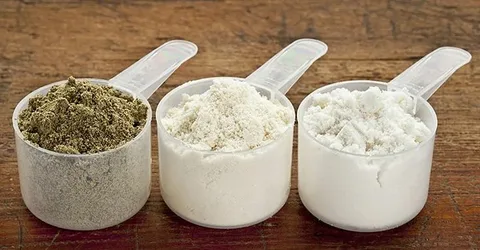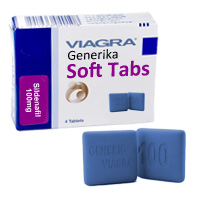How to Choose a Protein Powder?

Choosing the right protein can be quite difficult, as we have to decide which protein powder is best for consumption due to the many brands in the market. This blog will help you navigate through the selection process based on your dietary needs, fitness goals, and personal preferences.
Identify Your Goals
While choosing a protein powder, you should determine your health and fitness goals. Do you plan on gaining mass, cutting, or are you just a person who needs a supplement to their meals? In building muscles, intend to select high-protein products such as whey, and these include the whey protein isolate that is assimilated quickly and loaded with BCAA’s. If losing weight is the desired outcome, then search for powders with fewer calculated calories per serving and fiber that contributes to a feeling of fullness.
Understand Protein Sources
Protein powders come from various sources:
- Whey Protein: A complete protein obtained from an animal source in which the protein is sourced from milk. It is easily digestible and best taken after a workout.
- Casein Protein: It is derived from milk, but its slow digestion makes it an appropriate muscle recovery supplement for the night.
- Plant-Based Proteins: Pea, rice, and hemp should be considered because they are vegetarian and vegan. Here the two sources are blended to offer all the amino acids needed by the body.
Check protein quantity
In reviewing protein powders, we need to check the amount of protein contained in each serving. Whey protein isolate usually offers greater than 90% of protein content; on the other hand, soy protein isolate or any plant protein will not be exactly the same. It can also be verified by third-party certification that the product meets requirements for quality.
Review Ingredients
Select any powders that contain few, if any, additives, preservatives, and artificial sweeteners. If you want a sweet version, choose natural sweeteners such as Stevia or Monk Fruit sweeteners. Steer clear of those containing hydrogenated oils or things that sound like a science project.
Consider Digestibility
There are significant differences concerning how rapidly different proteins are broken down. Whey protein is rapidly digested; for this reason, it is advisable for individuals to take it after they have exercised. However, plant-based proteins, although they might be slower acting in digestion, are less likely to cause stomach discomfort for people with lactose intolerance.
Taste and texture
Most people do not comprehend the importance of the flavors and the texture of their protein powder. The best approach for consumers is to try a sample or smaller pack in efforts to get a pack they can consume without complaint. A powder that you like will make you use it frequently.
Assess Nutritional Profile
Other than the protein content, it is good to think about other nutrients that are in that powder.Whey isolate is a highly filtered form of whey protein and contains less than 1% of lactose. It has less fat, carbohydrates, and calories than whey concentrate and contains as least 90% protein. There are products enriched with vitamins and minerals that will help you with your deficiency if you have a limited diet.
Conclusion
There are two things to consider when it comes to protein powder, and they include definable and achievable goals, dietary preference, and the quality of the protein powder. Actually, thinking of these issues as protein source, protein quality, ingredients, digestibility, taste, and nutritional value, you need to make your choice depending on your goals set forward for a healthy diet.
However, you should keep in mind that although protein powders like whey protein etc are great supplements, real food should be your primary choice in relation to nutrition.




